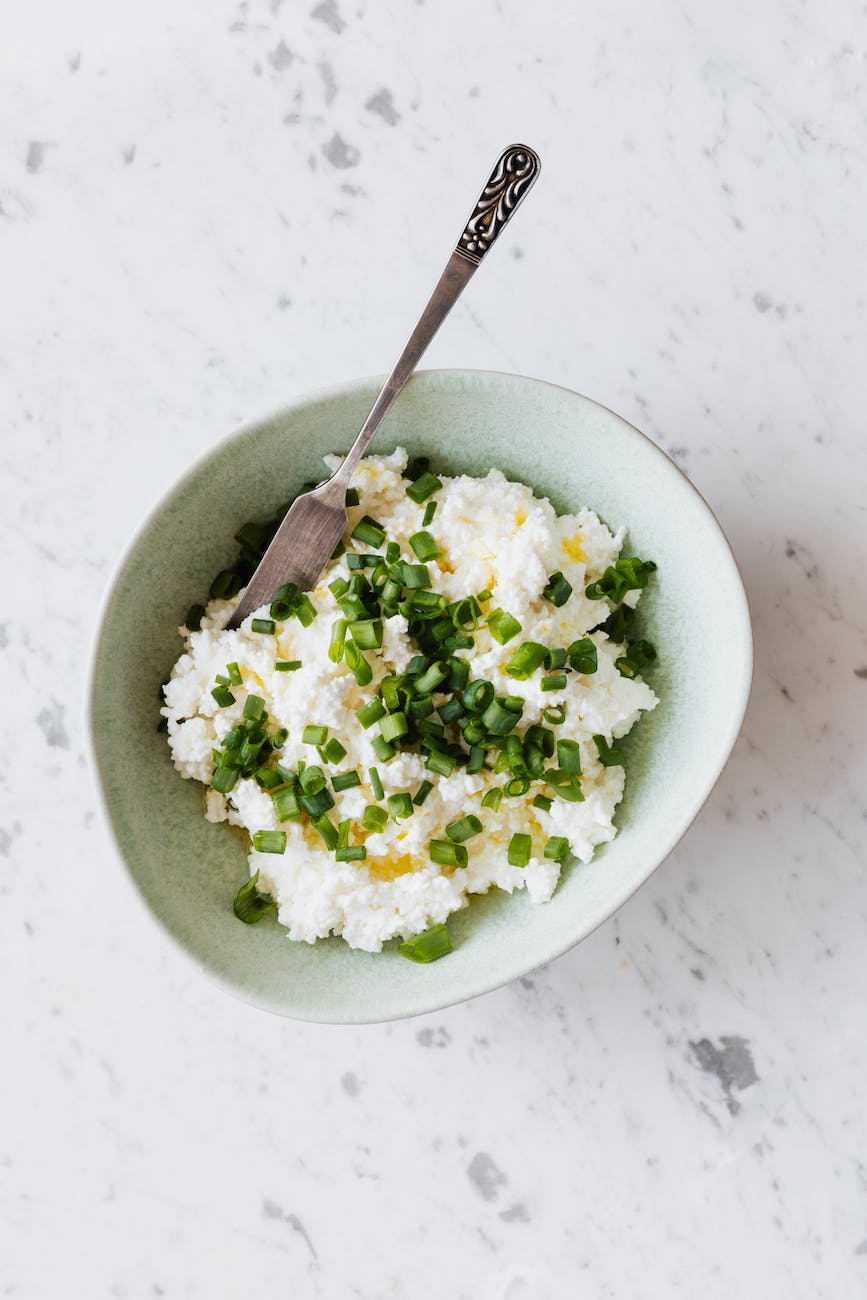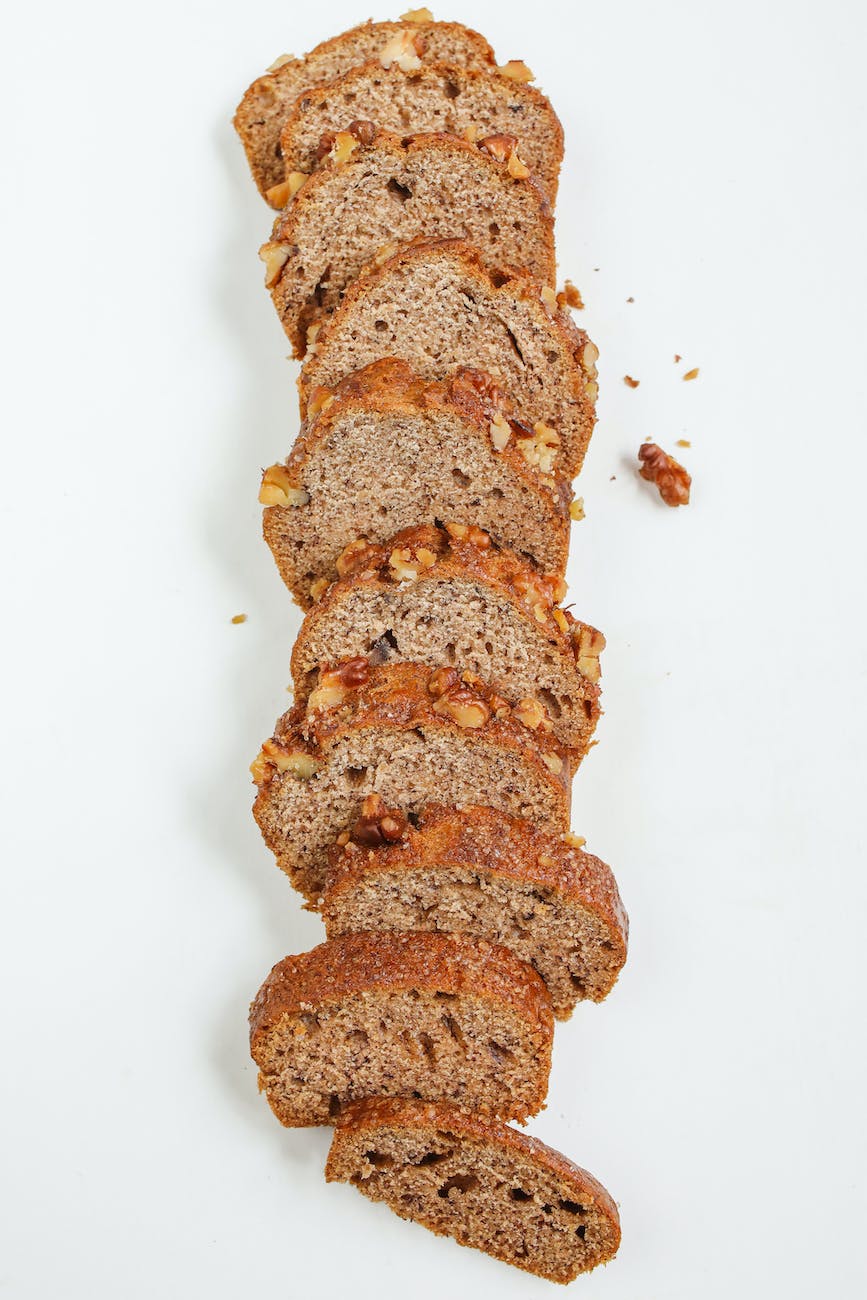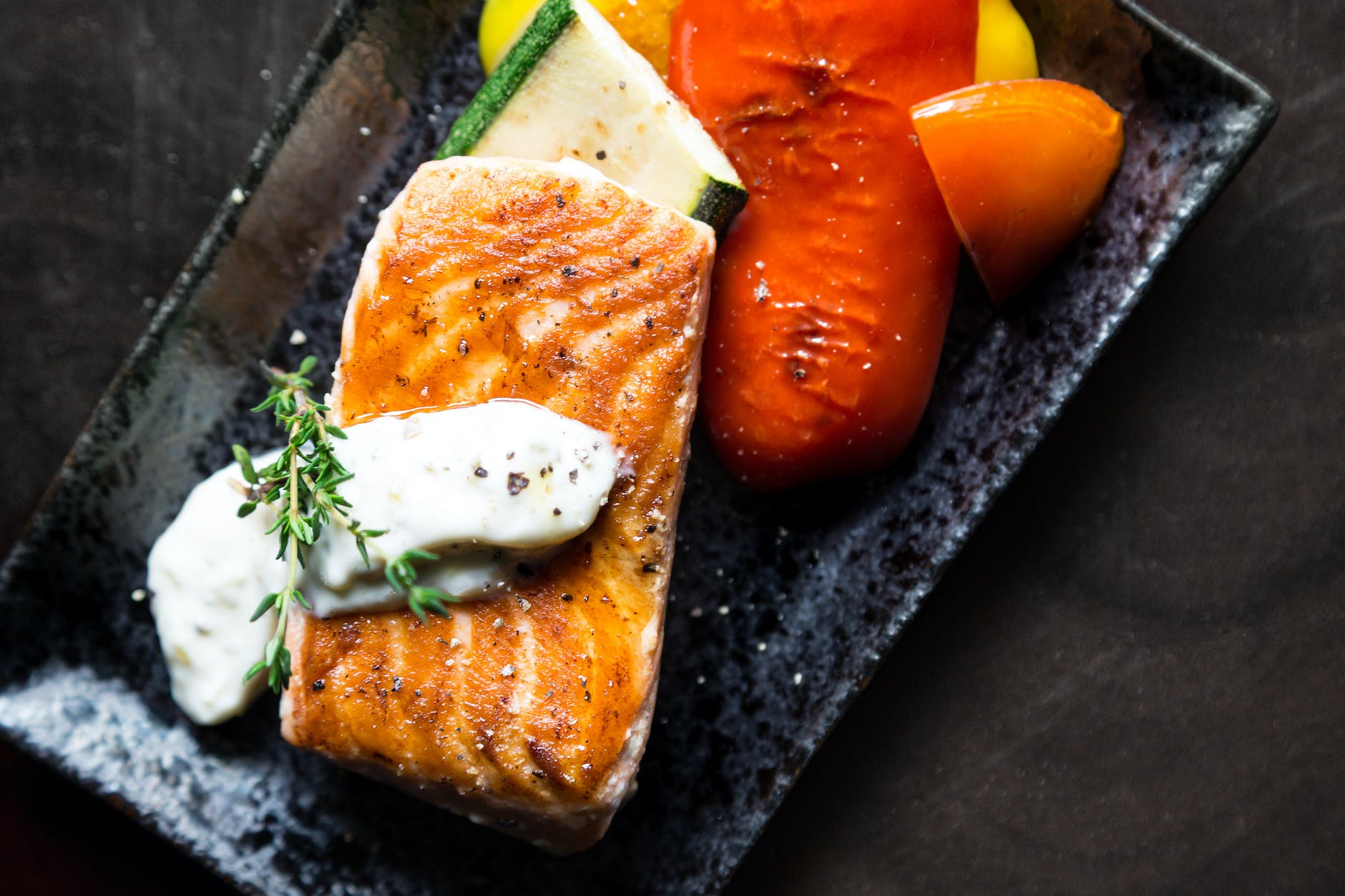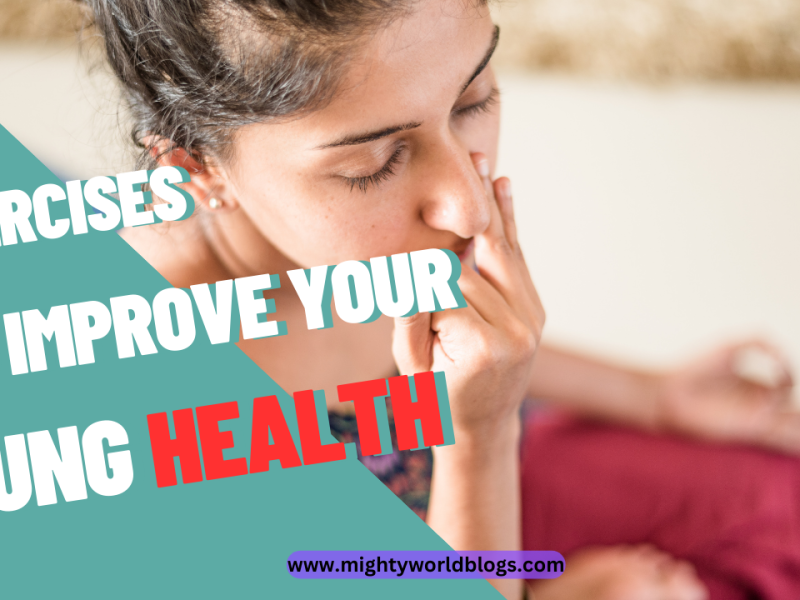
After your workout, your body tries to rebuild its glycogen stores as well as repair and regrow those muscle proteins. Eating the right nutrients soon after you exercise can help your body get this done faster. It’s especially important to eat carbs and protein after your workout
Consuming a proper amount of carbs and protein after exercise is essential. It stimulates muscle protein synthesis, improves recovery and enhances performance during your next workout. It is important to not go much longer than a few hours before refueling with a meal or snack.
Bananas, eggs, and yogurt are good post-workout foods. Bananas contain carbohydrates and also potassium, which is an electrolyte lost in sweat. Replacing carbohydrates helps with muscle recovery, and replacing potassium losses helps keep you hydrated. 1 Yogurt and eggs are good sources of protein for muscle repair
Hydration after a workout is important — and drinking water is often the best place to start. As you sweat, your body drains its water reserves. Dehydration can lead to muscle cramping, fatigue, headaches and poor physical performance. That’s why keeping yourself hydrated is one of the keys to a strong recovery
1. Cottage cheese

Cottage cheese is an excellent source of calcium, a mineral that plays a major role in tooth and bone health, and in the prevention of osteoporosis. It also helps you to regulate your blood pressure and might even play a role in preventing certain cancers, such as prostate cancer
Cottage Cheese And Fruit: Other than protein, calcium and magnesium, cottage cheese also has a high water content (nearly 80%). Thus eating cottage cheese is a great way to replenish fluids in your body after sweating it out in the gym
Cottage cheese is popular among athletes and people who exercise. Because of its high protein content, it’s a great food to incorporate into your diet if you’re looking to build muscle mass. When combined with resistance training, a diet including high protein foods can help you increase muscle mass
one-half cup of cottage cheese provides 14 grams of protein. One amino acid, glutamine, is particularly valuable in helping the body recover after a heavy workout, and endurance athletes may deplete glutamine
Cottage cheese is packed with nutrients
- Calories: 163.
- Protein: 28 grams.
- Carbs: 6.2 grams.
- Fat: 2.3 grams.
- Phosphorus: 24% of the Reference Daily Intake (RDI)
- Sodium: 30% of the RDI.
- Selenium: 37% of the RDI.
- Vitamin B12: 59% of the RDI
2. Sweet potatoes

They’re high in fiber and antioxidants, which protect your body from free radical damage and promote a healthy gut and brain. They’re also incredibly rich in beta-carotene, which is converted to vitamin A to support good vision and your immune system
Boiling sweet potatoes retains more beta-carotene and makes the nutrient more absorbable than other cooking methods such as baking or frying. Up to 92% of the nutrient can be retained by limiting the cook time, such as boiling in a pot with a tightly covered lid for 20 minutes
Eating a sweet potato post-workout is ideal as they contain copper, which can help maintain healthy muscle tissue and replenish energy levels. Sweet potatoes also contain vitamin C which helps to prevent muscle catabolism (the breakdown of muscle tissue).
One should have approximately 100 gms of boiled sweet potatoes. How does it work? Sweet potatoes have natural sugar and complex carbohydrates which are slowly released into the bloodstream, helping to ensure a balanced and regular source of energy without sudden blood sugar spikes.
One sweet potato has:
- Calories: 112.
- Fat: 0.07 grams.
- Carbohydrates: 26 grams.
- Protein: 2 grams.
- Fiber: 3.9 grams
3. Whole-grain bread

whole grain bread can include other whole grains, such as whole barley, brown rice, whole grain oats, and rolled oats, among others (all of which are rich in fiber, vitamins, and minerals). Whole wheat is only one type of whole grain bread, albeit the most popular.
Whole-grains are also rich in protein, fiber, B vitamins and many other nutrients that help to lower blood pressure, reduce gum disease, strengthen the immune system and help control weight
The process of recovery requires the restoration of your muscle’s glycogen stores. After working out, it is best to get a meal of protein and carbohydrates. Whole grains such as whole wheat bread are extremely beneficial as they contain more fiber and protein than refined grains and deliver more energy to your body
Grains are an ideal food to eat to give you energy and whole grains are an even better choice. Whole grains keep you full longer, giving you something to draw energy from. When you eat processed grains, such as refined flour, the starch turns to sugar quickly in your body, causing you to burn through it faster.
Wholemeal bread is a food rich in fibres, as well as minerals and vitamins, making it perfect for training aimed at increasing muscle mass.
The following nutrition information for one slice (43g) of whole wheat bread has
- Calories: 80.
- Fat: 0g.
- Sodium: 170mg.
- Carbohydrates: 20g.
- Fiber: 3g.
- Sugars: 4g.
- Protein: 5g
4. Smoked salmon

Smoked salmon is packed with nutrients, vitamins, and omega-3 fatty acids, all of which will boost your health and lower your risk of cancer, heart disease, and cognitive decline.
After your salmon is cured and dried, it’s time to hot smoke that fish. Smoke your salmon for 3-4 hours, at 225 degrees Fahrenheit until it reaches an internal temperature of 145 degrees Fahrenheit. If you’re using a Traeger, getting to that temperature just means starting your grill and using your Smoke setting
Smoked salmon is an excellent source of protein, numerous vitamins, and omega-3 fatty acids. Yet, it’s much higher in sodium than fresh salmon
It’s probably the single best muscle-building food on the planet. That includes red meat, despite its reputation as a magical muscle builder. Salmon is chock-full of anti-inflammatory omega-3’s and the antioxidant astaxanthin, the king of carotenoids.
Salmon is a great choice for muscle building and overall health. Each 3-ounce (85-gram) serving of salmon contains about 17 grams of protein, 1.5 grams of omega-3 fatty acids, and several important B vitamins ( 5 )
One hundred grams, or 3.5 ounces, has:
- Calories: 117.
- Fat: 4.3 grams.
- Protein: 18.3 grams.
- Calcium: 11 milligrams.
- Iron: 0.85 milligrams.
- Sodium: 672 milligrams.
- Zinc: 0.31 milligrams.
- Selenium: 32.4 milligrams
5. Eggs and Avocado Toast

The combination of fiber, protein, and healthy fats is filling, satisfying, and provides lots of nutrition to start your day. Avocados are a great source of potassium, fiber, heart-healthy monounsaturated fat, and folate, while eggs provide protein and micronutrients like choline, B vitamins, and vitamin D
Avocado toast made with a slice of whole-grain bread, one-third of an avocado, one large fried egg and 2 tablespoons of sliced radishes contains about 260 calories.
Pairing avocados with eggs is a great choice, because eggs are a complete source of protein. Try this avocado and egg “pizza” for a scrumptious post-workout snack.
Nutrition Highlights (per serving)
- 260 calories.
- 16g fat.
- 20g carbs.
- 12g protein
Do and don’ts after workout?
Do eat protein and carbohydrate-rich foods, support the muscles, drink plenty of water, practise a cool down, and try relaxing activities. At the same time, do not come to an immediate stop after exercise, avoid alcohol, don’t eat sugary foods and avoid another workout!
Is it OK to shower after workout?
Showering after exercise should be an important part of your post-workout routine. It not only gets you clean and protects you from breakouts, but also helps your heart rate and core temperature naturally decrease. Taking a lukewarm or cool shower works best.
What happens if no protein after workout?
Your body needs protein to build and repair tissues, so if you aren’t eating enough, your muscles won’t have the material they need to grow. You could feel “punch drunk” after working out, your arms and other muscles might ache more than usual, and your body may even feel generally weaker




Leave a comment